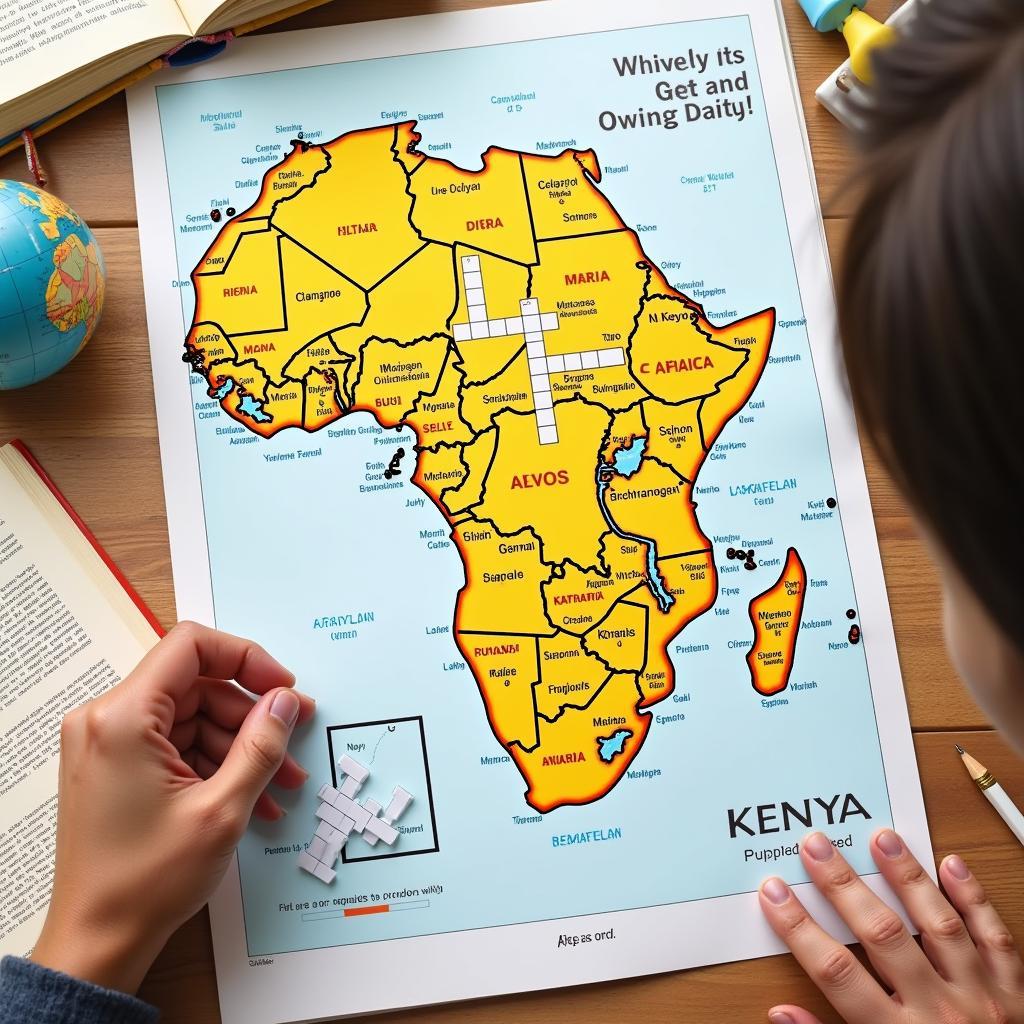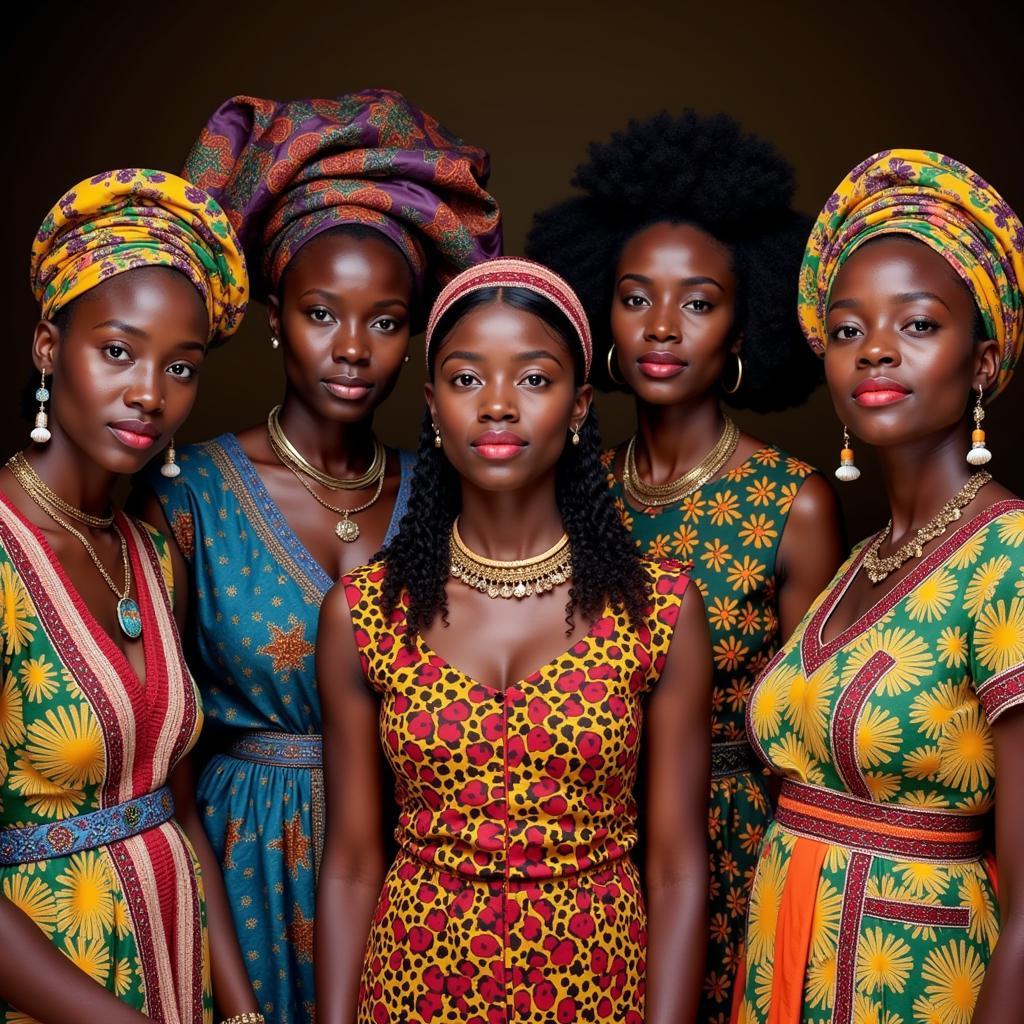Exploring the African Elegy Poem
The African Elegy Poem, a powerful expression of grief and remembrance, reflects the rich tapestry of African culture and history. From ancient oral traditions to contemporary written verse, these poems offer a unique window into the African experience of loss, resilience, and the enduring power of the human spirit.
Understanding the Significance of the African Elegy Poem
African elegy poems are more than just expressions of sorrow; they are intricate narratives that weave together personal grief with collective memory. They serve as a bridge between the living and the dead, honoring the departed while also providing solace and strength to those left behind. These poems often incorporate rich symbolism, metaphors, and imagery drawn from the natural world, reflecting the deep connection between African cultures and their environment. They can be intensely personal lamentations or powerful communal expressions of shared loss.
The Evolution of the African Elegy Poem: From Oral Tradition to Written Word
For centuries, African elegy poems were primarily an oral tradition, passed down through generations. Griots, the traditional storytellers and keepers of history, played a vital role in preserving and transmitting these poems. Their powerful recitations, often accompanied by music and dance, ensured that the memories of the departed and the lessons learned from their lives were not forgotten. With the advent of writing, African elegy poems began to take on new forms, allowing for wider dissemination and the exploration of more complex themes.
Common Themes and Motifs in African Elegy Poems
Several recurring themes and motifs can be found in African elegy poems, reflecting shared cultural values and beliefs about death and the afterlife. Ancestor veneration is a prominent theme, with poems often invoking the spirits of the departed for guidance and protection. The cyclical nature of life and death is another common motif, often symbolized by the changing seasons or the rising and setting sun. These poems also frequently explore the impact of loss on the community, emphasizing the interconnectedness of life and the importance of collective mourning.
Modern Interpretations of the African Elegy Poem
Contemporary African poets continue to draw inspiration from the rich tradition of the elegy, while also pushing the boundaries of the form. They explore themes of social injustice, political upheaval, and the impact of globalization on African societies. These poems often blend traditional elements with modern sensibilities, creating a unique and powerful voice that resonates with audiences worldwide. The African elegy poem continues to evolve, reflecting the changing landscape of the continent and the enduring power of human expression.
What is the purpose of an African elegy poem?
An African elegy poem serves to honor the deceased, provide comfort to the bereaved, and connect the living with the ancestors.
How are African elegy poems different from elegies in other cultures?
While sharing the core purpose of lamenting loss, African elegies often incorporate elements of ancestor veneration, oral tradition, and a deep connection to the natural world, distinguishing them from elegies in other cultures.
African Elegy Poems and Their Connection to Music
Music often plays an integral role in the performance of African elegy poems. Traditional instruments such as drums, flutes, and stringed instruments are used to create a powerful and evocative atmosphere, enhancing the emotional impact of the poem. The rhythm and melody of the music can further amplify the themes of grief, remembrance, and resilience conveyed in the words.
Conclusion: The Enduring Power of the African Elegy Poem
The African elegy poem, a powerful testament to the human experience of loss and resilience, continues to resonate with readers and listeners across the globe. From ancient oral traditions to contemporary written verse, these poems offer a unique and profound insight into African culture, history, and the enduring power of the human spirit. Exploring the African elegy poem is a journey into the heart of a continent, where grief and remembrance are intertwined with hope and the celebration of life.
FAQ
- What is a griot? A griot is a West African historian, storyteller, praise singer, poet, and musician.
- Are all African elegy poems performed with music? While music is often incorporated, not all African elegy poems are performed with music.
- Where can I find examples of African elegy poems? Anthologies of African poetry and online resources dedicated to African literature often feature examples of elegy poems.
- What are some common themes in modern African elegy poems? Modern African elegy poems often explore themes of social injustice, political upheaval, and the impact of globalization.
- How do African elegy poems contribute to cultural preservation? They preserve history, language, and cultural values related to death and remembrance.
- Can anyone write an African elegy poem? While anyone can write an elegy, it’s important to approach the form with respect and sensitivity to the cultural context.
- What is the significance of nature in African elegy poems? Nature often serves as a powerful metaphor for the cycle of life and death.
Need assistance? Contact us 24/7: Phone: +255768904061, Email: kaka.mag@gmail.com, or visit us in Mbarali DC Mawindi, Kangaga, Tanzania.



